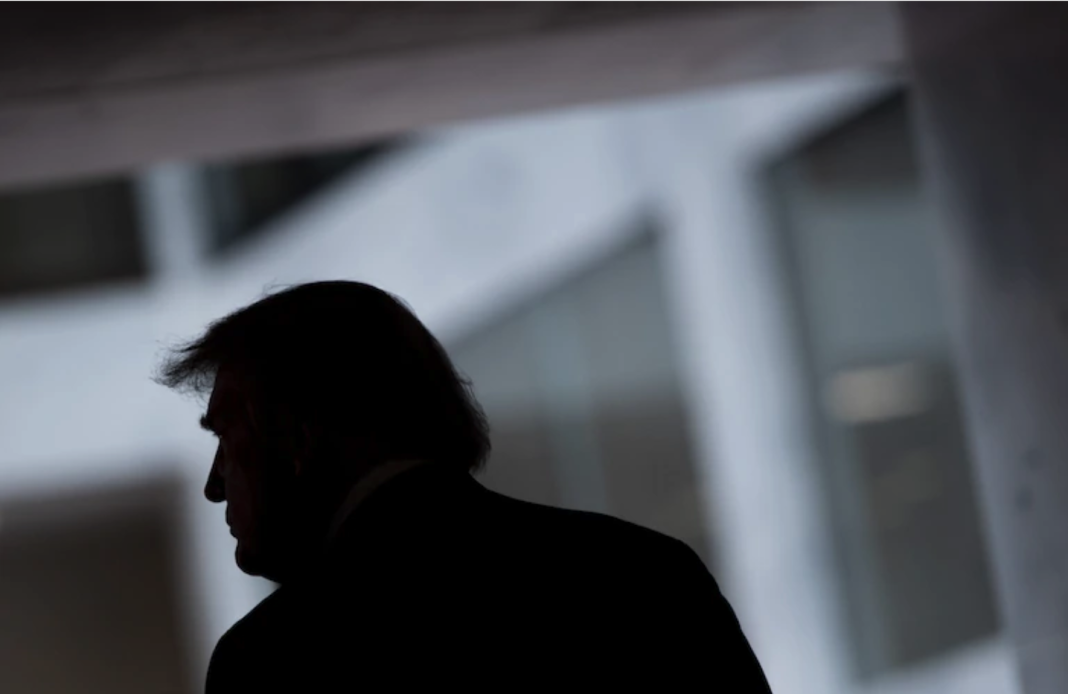In a significant political move, President-elect Donald Trump has nominated Matthew Whitaker as the United States ambassador to NATO, a key position that has garnered considerable attention given Trump’s previous criticisms of the alliance. Trump, who has consistently emphasized his belief that NATO members should contribute more financially while the U.S. shoulders a disproportionate amount of defense costs, expressed strong support for Whitaker’s selection.
In a statement, Trump characterized Whitaker as a “strong warrior and loyal Patriot,” emphasizing his commitment to advancing U.S. interests and safeguarding security alliances. “Matt will strengthen relationships with our NATO Allies and stand firm in the face of threats to peace and stability – He will put AMERICA FIRST,” Trump stated, framing the appointment as a move that aligns with his administration’s priorities.
Whitaker previously served as the acting attorney general during Trump’s first term, establishing himself as a loyalist who is well-versed in the administration’s policies. His appointment comes at a time when NATO is bracing for a potentially tumultuous period under Trump’s leadership, especially given his earlier threats to withdraw U.S. protection from member states that he perceives as not contributing enough financially to the alliance.
The reaction from NATO leaders came swiftly, with alliance chief Mark Rutte congratulating Trump on his electoral victory and expressing optimism about the future of NATO under his leadership. “His leadership will again be key to keeping our Alliance strong. I look forward to working with him again to advance peace through strength through NATO,” Rutte stated, highlighting the importance of collaboration in maintaining the alliance’s strength and effectiveness.
As the world watches, the implications of Whitaker’s nomination and Trump’s return to the White House may lead to significant shifts in U.S. foreign policy, particularly regarding defense commitments and transatlantic relations. The potential for redefined priorities within NATO continues to be a focal point for both member nations and global observers as discussions regarding defense spending and collective security evolve.





